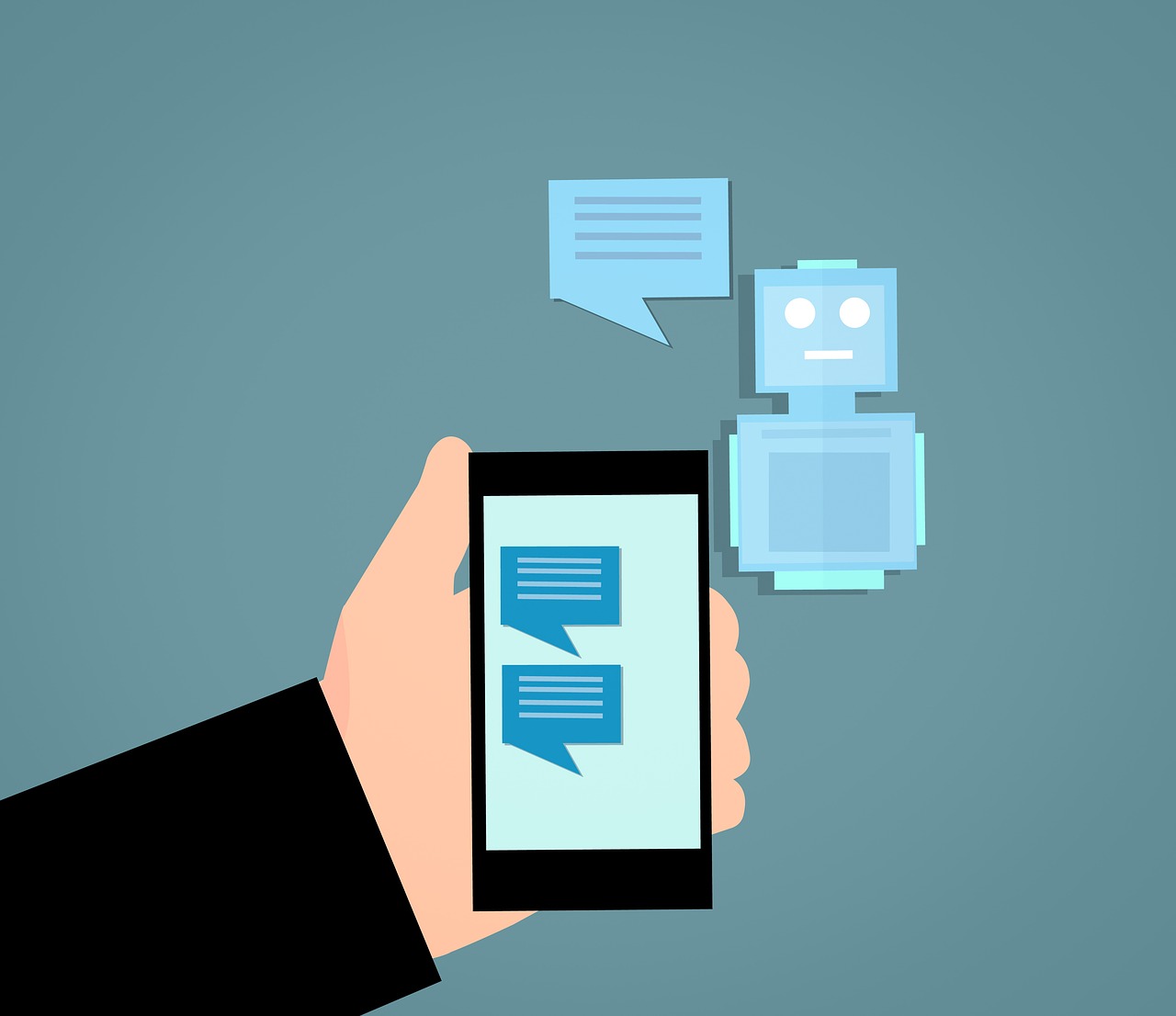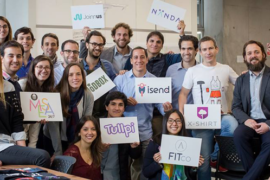Chatbots are rapidly growing to become the favorite tool of many industries. The success of this chatty technology can largely be based on consumers’ willingness to adopt it. One survey reported that 69% of consumers prefer chatbots for quick communication with brands, while another found that 40% do not care if an interaction is with a human or bot as long as they receive assistance.
There are numerous industries and companies which are keen to put chatbots to use. Allstate, Marriott International and Capital One are a few examples of major players from certain industries which are utilizing this new technology. But for other more traditionally personal industries, such as recruitment, will it be possible for chatbots to have the same impact. For XOR, the global leader in Human Resource / Talent Acquisition workflow automation using AI, the answer is yes.

Aida Fazylova, CEO and founder of XOR
To get a better idea of what we can expect from AI chatbots in the future we spoke with Aida Fazylova, CEO and founder of XOR,
Recent headlines have shown that some companies have been using humans disguised as bots. Do you believe it will become cheaper and easier to use AI over humans, and if so when do you think this will happen?
It happened already. Spam filters in your email, anti-viruses, Uber, Google Search, are just a few AIs we use every day. And yes, they outperform humans on tasks they are dedicated.
Talking about the companies, that are using people instead of chatbots (i call it “artificial artificial intelligence”) – they are trying to make it seem that their AI has general intelligence, human-like. And algorithms are not quite there yet to make it happen. AI is capable of solving very narrow and concrete tasks, but not be a general intelligence (it is very futuristic at the current state of technology and science). That’s why we need to break down the business processes to simple components and define which of them can be automated by AI (e.g. pre-screen, answering to FAQ, scheduling, status updates in Talent Acquisition) and develop a very applicable tool to every one of them.
XOR.AI does it’s job better than human recruiters consistently, and our research and customer’s case studies are here to proves it. And it does it in a scalable and reliable manner.
It will take three to five years for HR space to adopt this kind of technology at scale. And companies who do it first would get a competitive advantage, have more data and will get the best candidates from job market earlier.
Do you believe that AI chatbots can help reduce bias in recruitment, and if so how?
Yes, we believe it can. To do so, you’ll need to teach AI algorithms on unbiased datasets. In simple words, in order to make sure that minorities are represented in the qualified selection of candidates in the same proportion as they are present on the job market – AI needs to be taught on the historic data, that has the same proportions of employees/candidates.
What are you looking forward to seeing develop from chatbot technology over the next three years?
We see it more broadly as a conversational interface rise. Now, most of the web interactions are form based. Forms are great, but there are better and more human and customer friendly interface – conversation. Your friends meet you, and they want to have a conversation, not fill forms, right? The same thing happens online. Users want to engage, to ask questions and to have a personalized experience, and not one size fits all form.
What area of our lives or society, in your opinion, will see the biggest impact due to the rise of chatbot technology?
Chatbots are performing great in marketing, sales and customer support already. And soon we’ll see this technology in talent acquisition and human resources.
Disclosure: This article includes a client of an Espacio portfolio company








